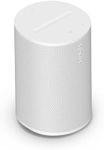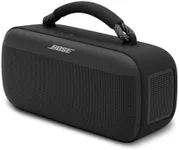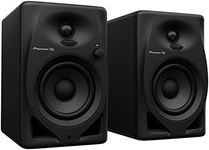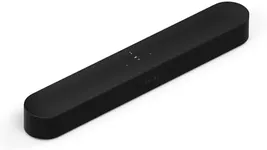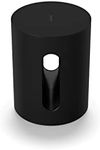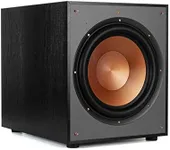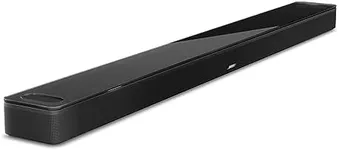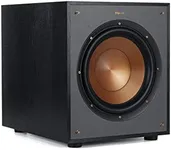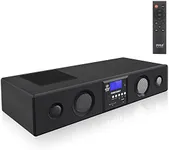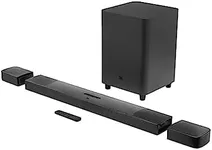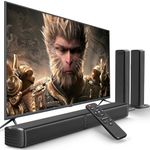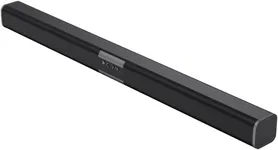Buying Guide for the Best Home Audio Speakers
Choosing the right home audio speakers can significantly enhance your listening experience, whether you're enjoying music, movies, or gaming. The key to finding the best speakers for you is understanding the various specifications and how they align with your needs and preferences. Here are some important specs to consider when shopping for home audio speakers, along with explanations to help you make an informed decision.Speaker TypeSpeaker type refers to the design and intended use of the speaker, such as bookshelf, floor-standing, or satellite speakers. This is important because different types are suited for different spaces and listening experiences. Bookshelf speakers are compact and great for smaller rooms, floor-standing speakers offer powerful sound for larger spaces, and satellite speakers are often used in surround sound systems. Choose the type that fits your room size and how you plan to use the speakers.
Frequency ResponseFrequency response indicates the range of sounds a speaker can reproduce, measured in Hertz (Hz). This is important because it affects the clarity and richness of the audio. A wider frequency range (e.g., 20 Hz to 20,000 Hz) can reproduce deeper bass and higher treble. If you enjoy a full, rich sound, look for speakers with a broad frequency response. For general listening, a standard range will suffice.
SensitivitySensitivity measures how effectively a speaker converts power into sound, expressed in decibels (dB). This is important because higher sensitivity means the speaker can produce louder sound with less power. Sensitivity typically ranges from about 85 dB to 100 dB. If you have a lower-powered amplifier or receiver, choose speakers with higher sensitivity (90 dB or above) to ensure adequate volume.
ImpedanceImpedance is the resistance a speaker offers to the electrical current from the amplifier, measured in ohms. This is important because it affects compatibility with your amplifier. Common values are 4, 6, and 8 ohms. Most home audio systems are designed for 8-ohm speakers, but always check your amplifier's specifications to ensure compatibility. If you have a high-end amplifier, lower impedance speakers (4-6 ohms) can provide better performance.
Power HandlingPower handling indicates the amount of power a speaker can handle, measured in watts (W). This is important because it ensures the speaker can handle the output from your amplifier without damage. Look for the RMS (continuous) power rating rather than peak power. Match the speaker's power handling with your amplifier's output to avoid distortion or damage. For casual listening, lower power handling is sufficient, but for high-volume or high-fidelity listening, higher power handling is better.
Driver Size and ConfigurationDrivers are the components that produce sound, and their size and configuration affect audio quality. This is important because different sizes and combinations can enhance different aspects of sound. Larger drivers (e.g., 8-12 inches) produce better bass, while smaller drivers (e.g., 1-4 inches) handle midrange and treble. Consider a multi-driver configuration (e.g., woofer, midrange, tweeter) for a balanced sound. Choose based on your preference for bass-heavy music, clear vocals, or overall balance.
Build Quality and MaterialsBuild quality and materials affect the durability and sound quality of the speakers. This is important because well-constructed speakers with high-quality materials can provide better sound and last longer. Look for solid cabinets made from wood or high-density materials, and quality components like silk or metal dome tweeters. If you value longevity and premium sound, invest in speakers with superior build quality.
Connectivity OptionsConnectivity options refer to the ways you can connect the speakers to your audio source, such as wired, Bluetooth, or Wi-Fi. This is important because it determines the ease of setup and compatibility with your devices. Wired connections (e.g., RCA, speaker wire) offer stable, high-quality sound, while wireless options (Bluetooth, Wi-Fi) provide convenience and flexibility. Choose based on your preference for sound quality versus convenience and how you plan to use the speakers.

